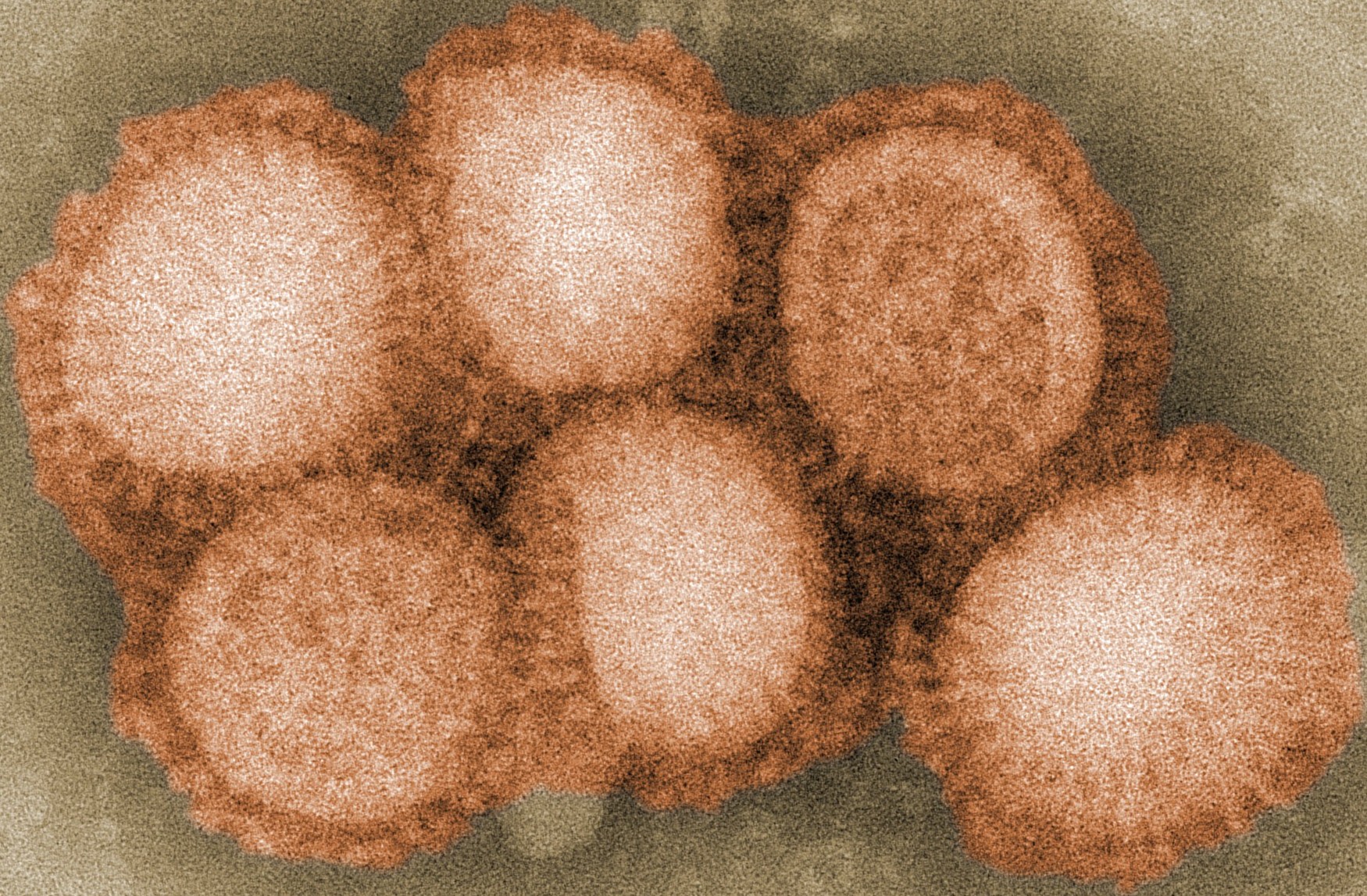
Strain (biology)
In biology, a strain is a genetic variant, a subtype or a culture within a biological species. Strains are often seen as inherently artificial concepts, characterized by a specific intent for genetic isolation.[1] This is most easily observed in microbiology where strains are derived from a single cell colony and are typically quarantined by the physical constraints of a Petri dish. Strains are also commonly referred to within virology, botany, and with rodents used in experimental studies.
This article is about strains in biology. For strain in chemistry, see Strain (chemistry).Plants[edit]
The term has no official ranking status in botany; the term refers to the collective descendants produced from a common ancestor that share a uniform morphological or physiological character.[12] A strain is a designated group of offspring that are either descended from a modified plant (produced by conventional breeding or by biotechnological means), or which result from genetic mutation.
As an example, some rice strains are made by inserting new genetic material into a rice plant,[13] all the descendants of the genetically modified rice plant are a strain with unique genetic information that is passed on to later generations; the strain designation, which is normally a number or a formal name, covers all the plants that descend from the originally modified plant. The rice plants in the strain can be bred to other rice strains or cultivars, and if desirable plants are produced, these are further bred to stabilize the desirable traits; the stabilized plants that can be propagated and "come true" (remain identical to the parent plant) are given a cultivar name and released into production to be used by farmers.